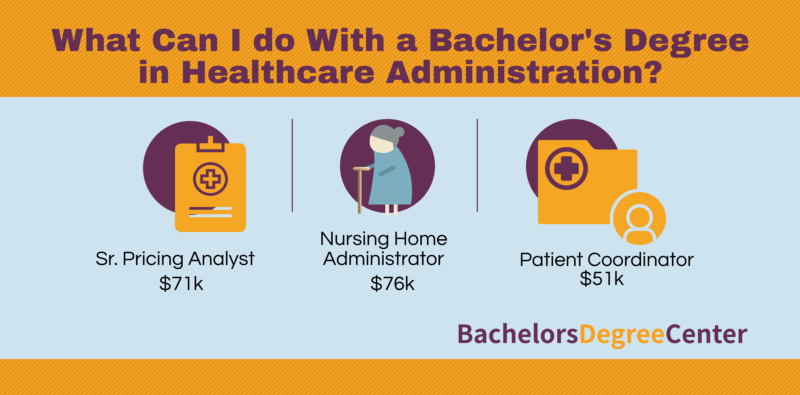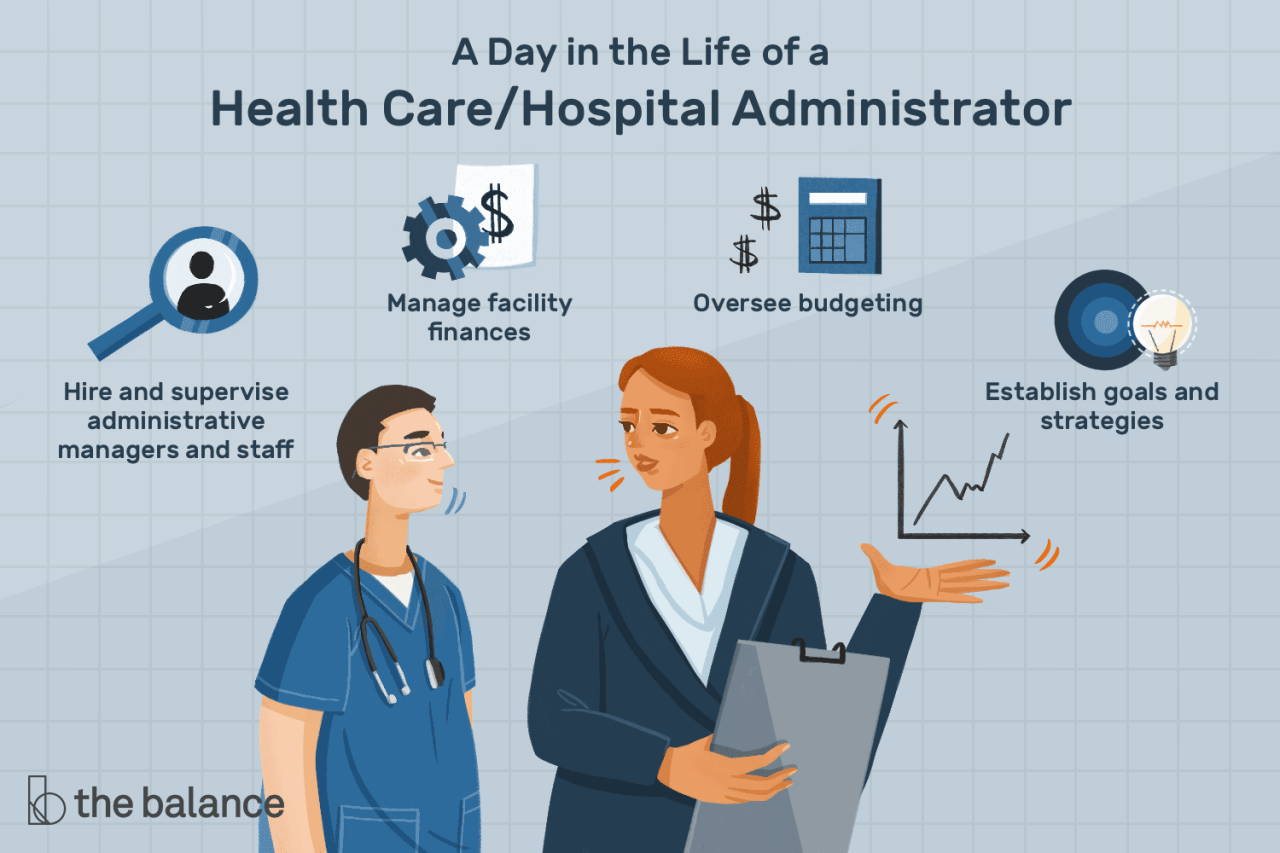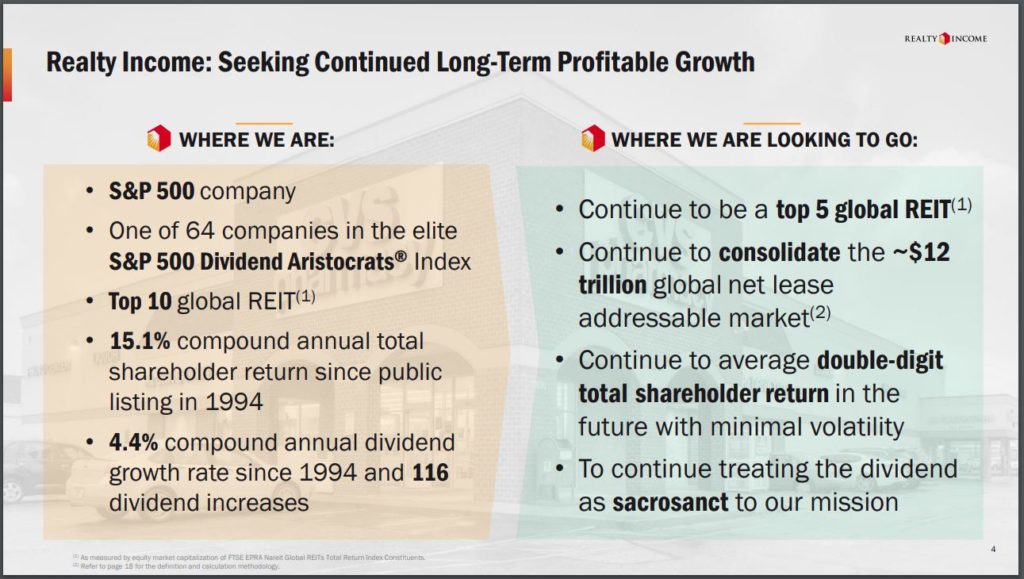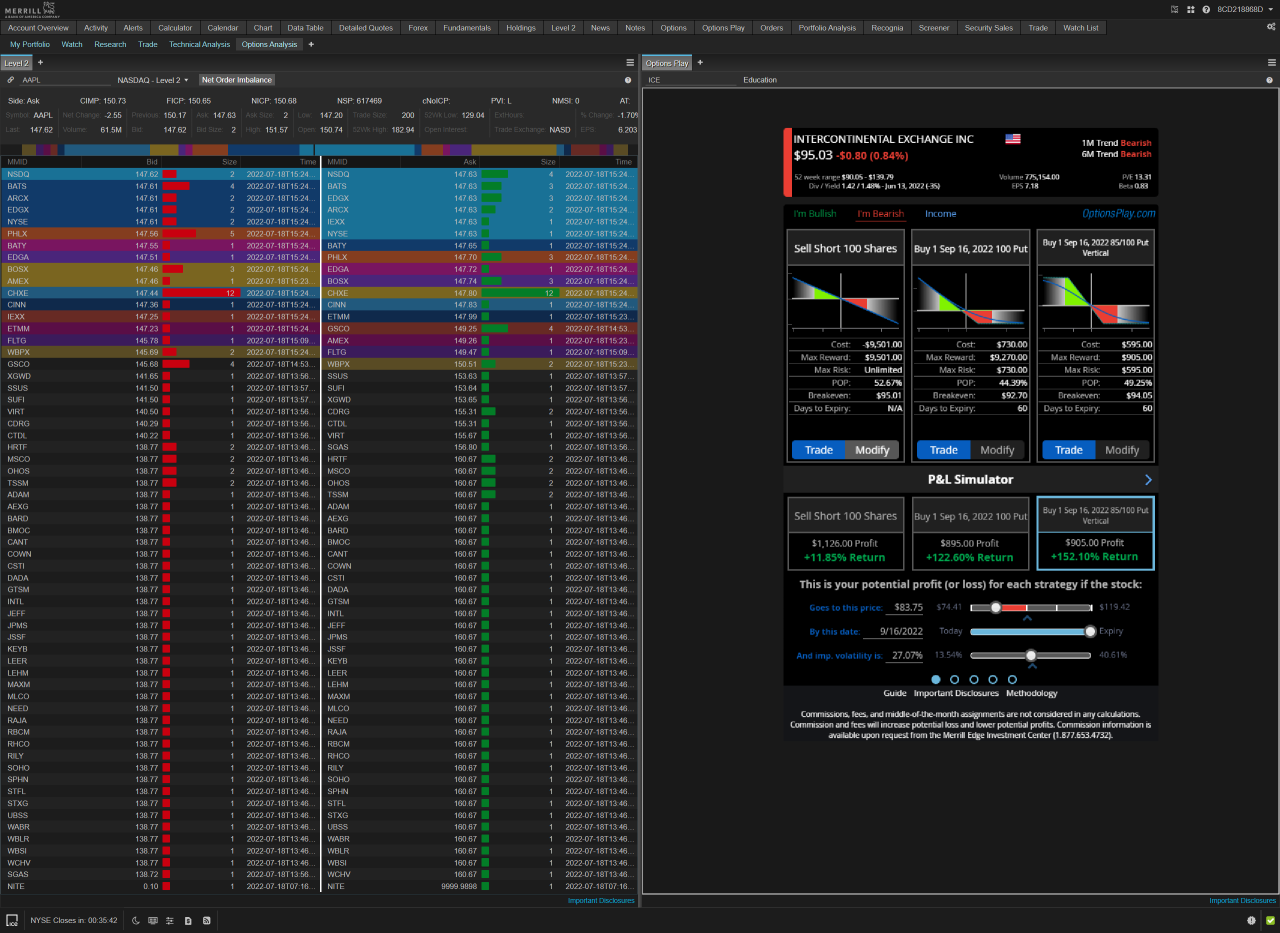Healthcare administration careers set the stage for this enthralling narrative, offering readers a glimpse into a story that is rich in detail and brimming with originality. From the role of healthcare administrators to the diverse career paths available, this topic delves into the dynamic world of managing healthcare facilities.
Overview of Healthcare Administration Careers
Healthcare administrators play a crucial role in the healthcare industry by overseeing the day-to-day operations of healthcare facilities, ensuring efficient delivery of healthcare services, and managing financial aspects of healthcare organizations.
The importance of healthcare administration lies in its ability to ensure that healthcare facilities run smoothly, adhere to regulations, provide quality care to patients, and maintain financial stability. Healthcare administrators also play a key role in strategic planning, policy implementation, and decision-making within healthcare organizations.
Diverse Career Paths in Healthcare Administration
Healthcare administration offers a wide range of career paths for individuals interested in the field. Some of the common career options include:
- Hospital administrators
- Clinic managers
- Health information managers
- Healthcare consultants
- Healthcare policy analysts
- Healthcare finance managers
Educational Requirements
To pursue a career in healthcare administration, individuals typically need to meet certain educational requirements to ensure they have the knowledge and skills necessary to succeed in this field.
Typical Educational Background
- A bachelor's degree in healthcare administration, business administration, public health, or a related field is often required for entry-level positions in healthcare administration.
- Some employers may prefer candidates with a master's degree in healthcare administration, health services administration, or a similar discipline for more advanced roles.
- Coursework in areas such as healthcare law, healthcare finance, organizational management, and healthcare information systems can provide a strong foundation for a career in healthcare administration.
Specific Degrees or Certifications
- Obtaining certifications such as the Certified Healthcare Administrative Professional (cHAP) or the Certified Medical Manager (CMM) can demonstrate expertise and commitment to the field.
- Advanced degrees like a Master of Health Administration (MHA) or a Master of Business Administration (MBA) with a focus on healthcare management can enhance job prospects and opportunities for career advancement.
- Some positions may require specific licensure, such as a Nursing Home Administrator license, depending on the type of healthcare facility or organization.
Relevance of Ongoing Education and Professional Development
Continuing education and professional development are crucial in the field of healthcare administration to stay current with industry trends, regulations, and best practices. This may involve attending conferences, workshops, or pursuing additional certifications to expand knowledge and skills. Additionally, pursuing leadership training or advanced degrees can open up new opportunities for career growth and advancement within the healthcare administration field.
Skills and Qualities

Effective healthcare administration requires a unique set of skills and qualities to ensure the smooth operation of healthcare facilities and the delivery of quality patient care. Communication skills, leadership abilities, and attention to detail are crucial in this field.
Communication Skills
Effective communication is essential in healthcare administration as it involves interacting with a diverse range of individuals, including healthcare professionals, patients, and other administrative staff. Strong communication skills help in conveying information clearly, resolving conflicts, and fostering positive relationships within the healthcare setting.
Healthcare administrators must be able to listen actively, express themselves clearly, and communicate complex information in a way that is easily understood by all parties involved.
- Ability to communicate clearly and effectively with various stakeholders
- Active listening skills to understand the needs and concerns of others
- Proficiency in written communication for documentation and reports
- Strong interpersonal skills to build relationships and collaborate with team members
Leadership Abilities
Leadership skills are essential for healthcare administrators to effectively manage healthcare facilities, lead teams, and make critical decisions that impact patient care and organizational success. Strong leadership abilities help in creating a positive work environment, motivating staff, and implementing strategic initiatives to improve healthcare delivery.
- Ability to inspire and motivate others towards a common goal
- Decision-making skills to address challenges and implement effective solutions
- Strategic thinking to plan and execute organizational goals
- Conflict resolution skills to handle disputes and maintain a harmonious work environment
Job Responsibilities
Healthcare administrators play a crucial role in managing the operations of healthcare facilities and ensuring the delivery of quality care to patients. They oversee various aspects of healthcare services, from financial management to staff supervision, with the ultimate goal of improving efficiency and patient outcomes.
Typical Responsibilities
- Developing and implementing policies and procedures to ensure compliance with healthcare regulations
- Managing finances, including budgeting, billing, and financial reporting
- Supervising staff, including hiring, training, and performance evaluations
- Overseeing day-to-day operations to ensure smooth functioning of the facility
Challenges and Rewards
Healthcare administrators face challenges such as dealing with budget constraints, addressing staffing issues, and navigating complex healthcare regulations. However, the rewards of the job include making a positive impact on patient care, improving healthcare outcomes, and contributing to the overall success of the organization.
Career Growth and Opportunities

Healthcare administration offers a wide range of career growth opportunities for professionals in the field. With the ever-evolving healthcare landscape, there is a constant demand for skilled administrators to manage various aspects of healthcare facilities effectively.
Advancement Potential
- Healthcare administrators can advance to higher-level positions such as Chief Executive Officer (CEO) or Chief Operations Officer (COO) with years of experience and additional qualifications.
- Advanced degrees such as a Master of Health Administration (MHA) or Master of Business Administration (MBA) can open doors to executive roles in healthcare organizations.
- Specializing in a specific area such as finance, operations, or human resources can also lead to career advancement opportunities.
Networking and Professional Relationships
- Networking plays a crucial role in career growth in healthcare administration. Building relationships with colleagues, mentors, and industry professionals can provide valuable opportunities for advancement.
- Attending conferences, seminars, and professional events can help expand your network and stay updated on industry trends and advancements.
- Maintaining strong professional relationships can lead to job referrals, collaborations, and access to new career opportunities.
Job Opportunities
- Healthcare administrators can work in various settings including hospitals, clinics, long-term care facilities, insurance companies, and government agencies.
- Job titles in healthcare administration range from healthcare manager, operations manager, practice administrator, to healthcare consultant and more.
- With the increasing focus on healthcare quality, patient satisfaction, and cost-effectiveness, the demand for skilled healthcare administrators continues to grow, creating diverse job opportunities in the field.
Conclusive Thoughts

In conclusion, healthcare administration careers present a world of challenges and rewards, with ample opportunities for growth and advancement. This field requires a unique blend of skills and qualities, making it an exciting and fulfilling career choice for those passionate about healthcare management.
FAQ Resource
What are the typical educational requirements for healthcare administration careers?
The typical educational background needed includes a degree in healthcare administration, public health, or a related field. Certifications such as Certified Healthcare Administrative Professional (CHAP) can also be advantageous.
What skills and qualities are essential for success in healthcare administration careers?
Key skills include communication, leadership, problem-solving, and organizational abilities. Qualities like adaptability, attention to detail, and a passion for healthcare are also crucial.
What are the common job responsibilities of healthcare administrators?
Healthcare administrators are responsible for overseeing facility operations, managing finances, ensuring compliance with regulations, and implementing quality improvement initiatives.




